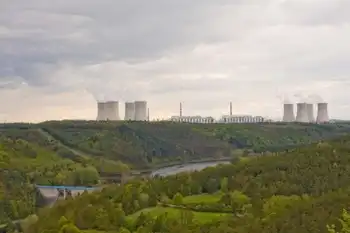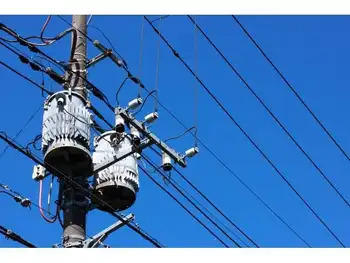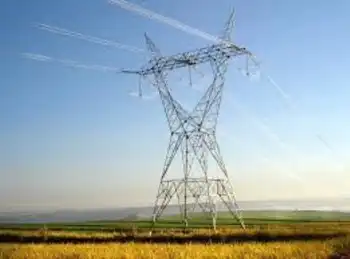Texas companies provide steel for transmission projects
By Waco Tribune
Protective Relay Training - Basic
Our customized live online or in‑person group training can be delivered to your staff at your location.

- Live Online
- 12 hours Instructor-led
- Group Training Available
Scrap steel processed in the Leon County community of Jewett will be used to support a “Renewable Energy Super Highway” that moves electricity generated by wind turbines in West Texas.
Oncor, a Fort Worth-based electric distribution business, received $1.3 billion from the Public Utility Commission for the “superhighway” project. It has contracted with Falcon Steel to build 3,800 towers that will support the transmission lines. Falcon, meanwhile, has contracted with Nucor Steel of Jewett to provide steel for the towers.
Recycled steel will be melted, cast, rolled and shipped from Nucor to Falcon. Nucor employs about 350 people in Jewett.
Nucor officials estimate the plant will produce 55,000 to 75,000 tons of steel for Falcon Steel over the next three years.
Chad Utermark, vice president and general manager of Nucor, said the decision to have Nucor provide the steel helps keep jobs in the United States, Texas and Central Texas.
“There were a lot of large, international firms going after this business,” Utermark said, adding that scrap steel processed for this project otherwise would have ended up in landfills or scattered across the landscape.
“Oncor, Falcon Steel and Nucor have shown that companies that are willing to innovate can succeed even in this challenging economy,” said U.S. Rep. Kay Granger, R-Fort Worth.
Oncor operates the largest energy distribution and transmission system in Texas, delivering power to about 3 million homes and businesses.
Company spokeswoman Megan Wright said the new super highway will serve a grid that provides electricity to Central Texas.
Meanwhile, WacoÂ’s Central Texas Iron Works (CTIW) has entered into a $60 million contract with Conoco-Phillips to provide steel for expanding a refinery in Wood River, Ill. It will process Canadian oil sands crude that is piped to the U.S. from Alberta.
CTIW, which employs 225, has just completed an $80 million contract with Shell Canada, which upgraded a refinery to process oil sands.
“Tim Maitland, with Shell Canada, was in town last week auditing us,” said CTIW spokesman Curtis Cleveland. “He was checking to see if we shipped the amount that we billed them.”
Cleveland said CTIWÂ’s clients are digging, not drilling, for oil in an area of Canada 600 miles north of Montana. Dirt there is saturated with oil and therefore is called oil sands. The process of removing this oil once was too costly. But the economics changed when oil prices skyrocketed and technology improved.
“One million barrels a day are now coming out of the oil sands, and oil production is expected to triple over the next decade,” says a CTIW newsletter.
“Canadian oil won’t replace Middle Eastern oil but over the next 10 years could become the largest source of foreign oil for the United States — even bigger than Saudi Arabia, which currently sends 1.5 million barrels a day to the United States.”











